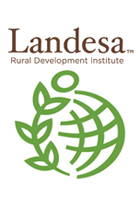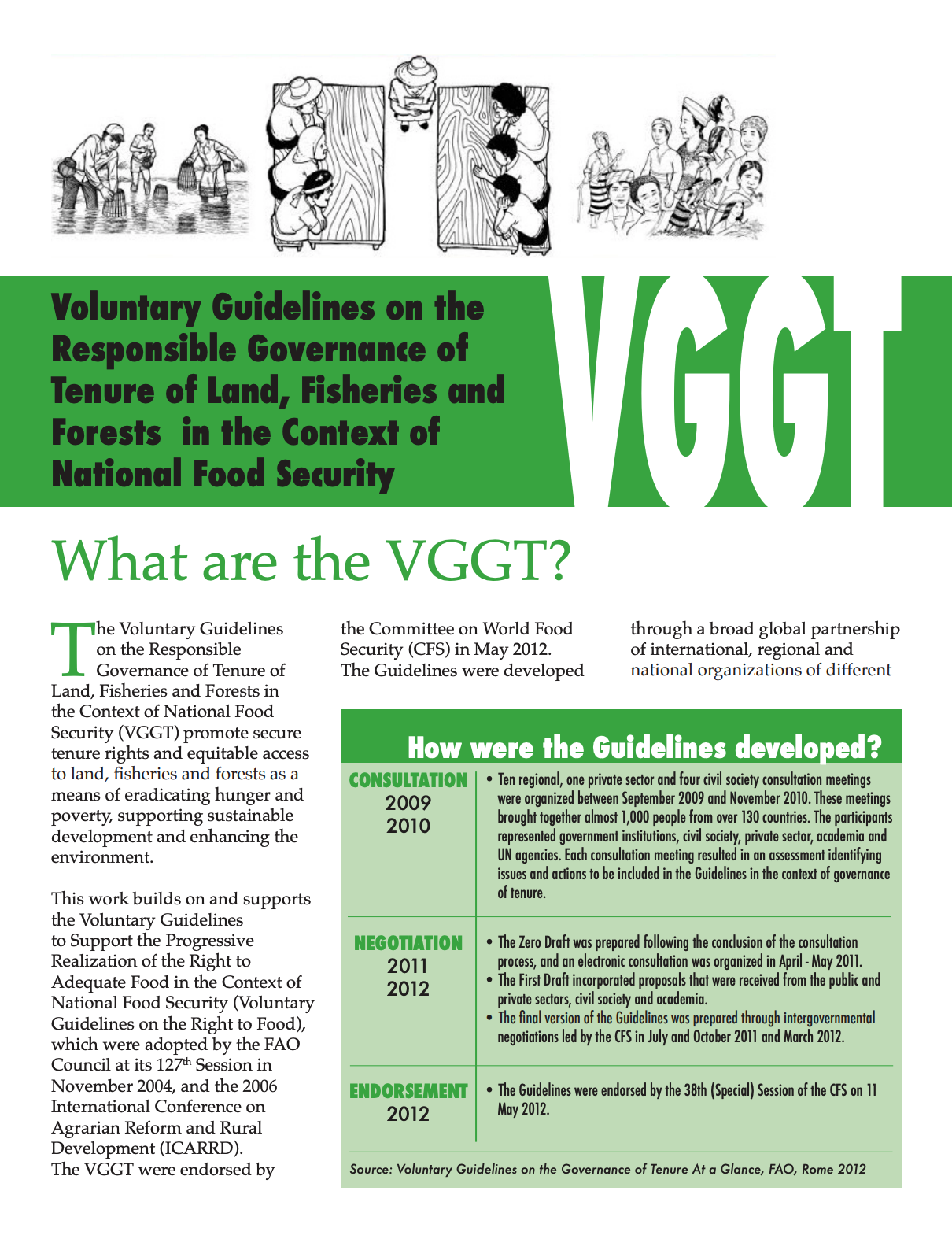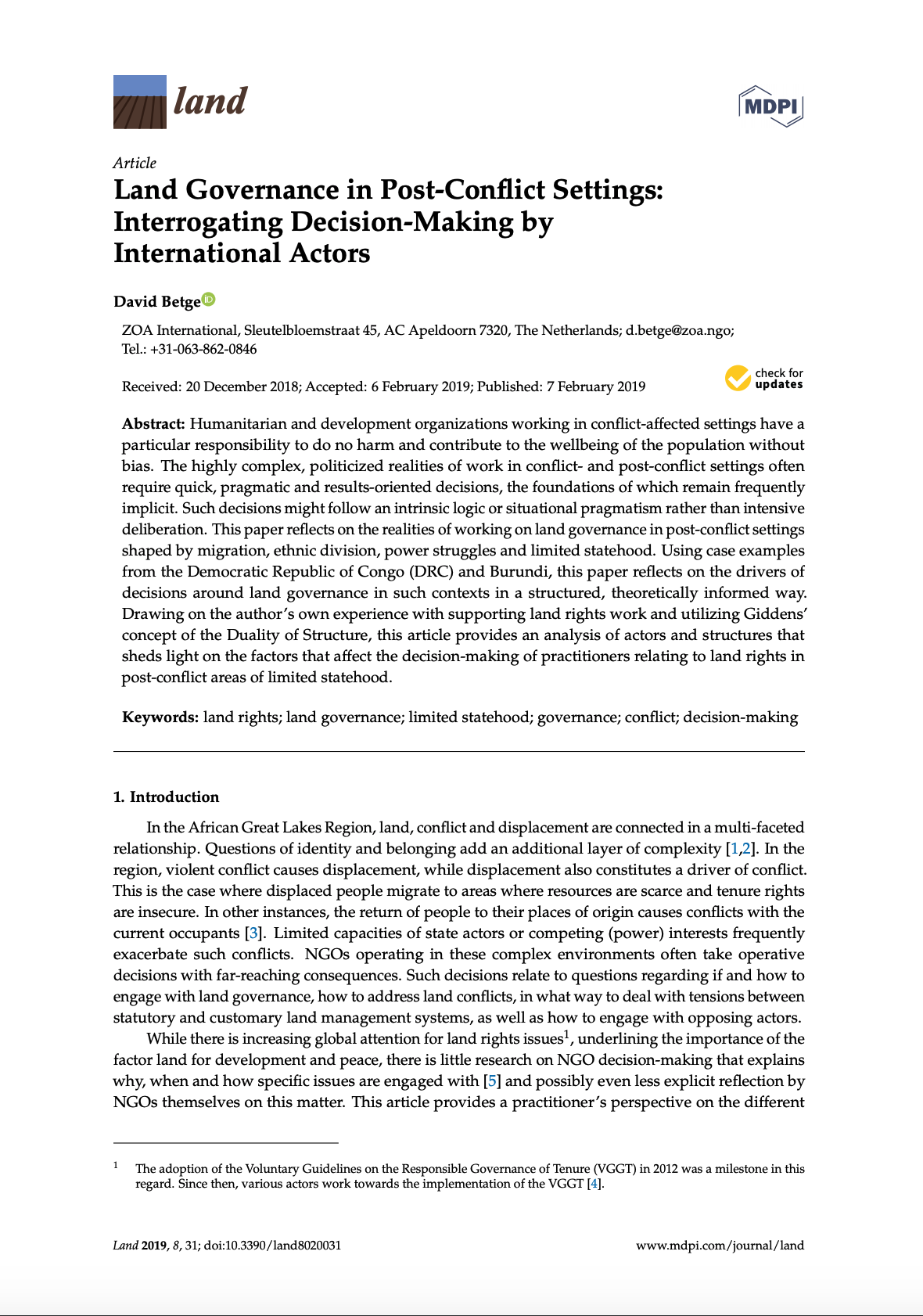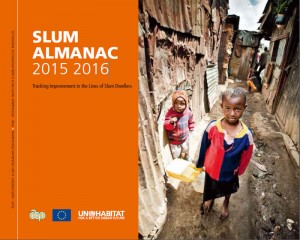SECURING WOMEN'S LAND TENURE IN NORTHERN UGANDA – A WOMEN FIRST APPROACH
March 2014 – This paper discusses a pragmatic, adaptive framework for understanding and taking action to strengthen women’s land tenure security in the context of customary tenure. The Framework defines secure land rights in terms of five elements, which each serves as the basis for distinct, measurable indicators upon which to base project assessment, design, and evaluation. This paper presents the Framework and suggests its potential as an analytical foundation for assessing the security of land rights, for designing projects or developing policies that protect and stren







